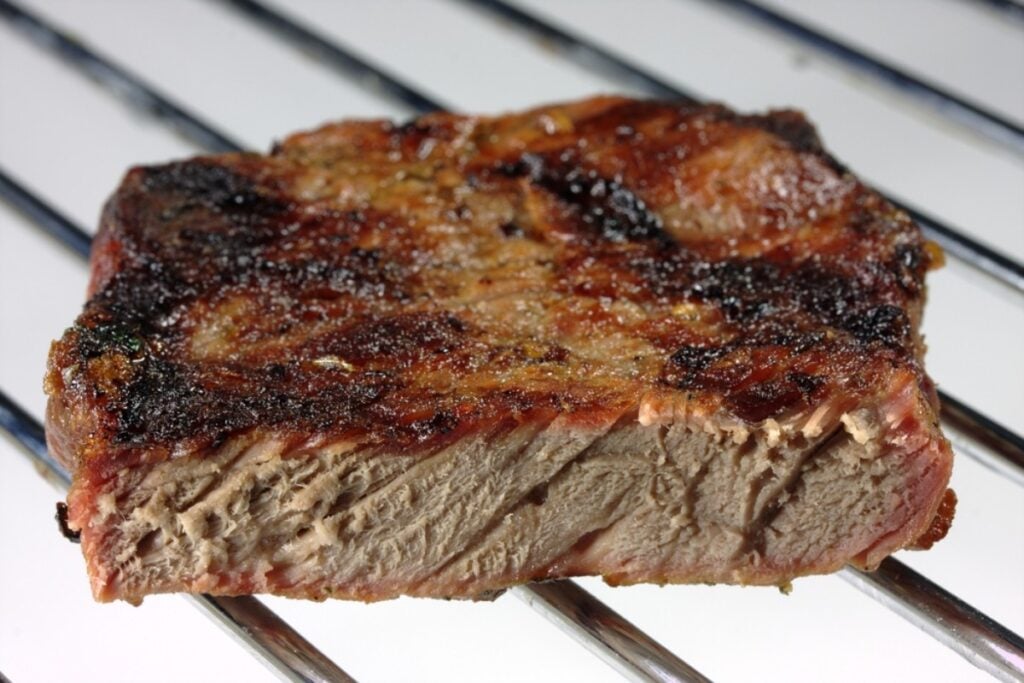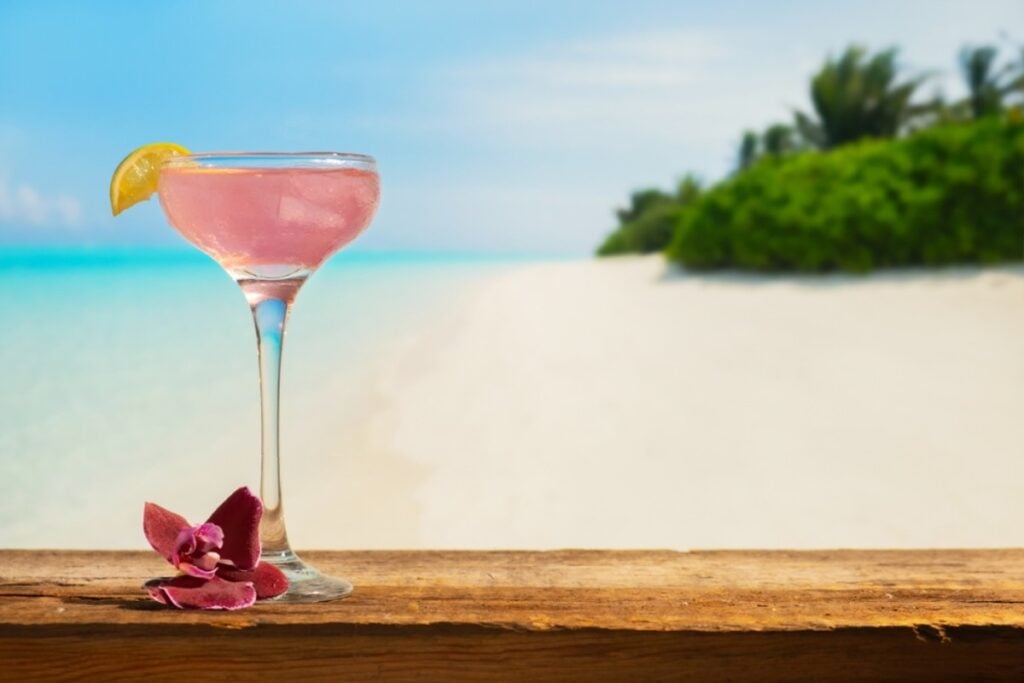12 Restaurant Orders That Servers Secretly Judge and What They Really Think
Dining out is more than just choosing what you want to eat. Behind the scenes, servers have opinions about certain orders that might surprise you.
These unspoken judgments can offer insight into restaurant culture and help you order with confidence.
Ordering water with no ice
Ordering water without ice stands out to many servers. It’s a small request, but it requires them to remember your preference.
Some see it as a sign of pickiness, especially if you add details about temperature. Others simply note you like your water a certain way.
If you want to avoid extra attention, order water with ice and remove it yourself. This keeps things simple during busy shifts.
Complex water requests can signal to servers that you might be a demanding guest. Keeping your order straightforward helps everyone.
Asking for a complicated coffee order

Complicated coffee orders catch the attention of both servers and baristas. Long lists of modifications slow down the line and increase the chance of mistakes.
The more details you add, like exact syrup pumps or foam types, the harder it is to prepare quickly. Simple orders keep things moving.
Baristas appreciate concise requests. This allows them to focus on making your drink well.
You can still enjoy a customized coffee while being considerate.
Ordering a salad with every modification
Salads with lots of modifications are memorable for servers. Requests like all dressings on the side or holding certain ingredients show you’re particular.
Multiple modifications can slow down the kitchen or cause confusion if not clearly stated. Grouping your requests helps the server relay them efficiently.
Being polite and patient when placing a detailed order makes a difference. Clear communication ensures your salad arrives just the way you want.
Asking for a well-done steak

Ordering a well-done steak can make some servers and chefs cringe. Cooking steak thoroughly often means sacrificing tenderness and juiciness.
If you want it well-done, be clear about your preference. Mention if you want it slightly pink or fully cooked through to avoid confusion.
Chefs want you to enjoy your meal. Asking for recommendations can help if you’re unsure about doneness.
Requesting several substitutions at once can catch servers off guard. Multiple changes mean more work in the kitchen.
If you need substitutions, be clear and polite. Some changes may not be possible based on how dishes are prepared.
Letting the server know about dietary needs upfront helps. Patience and understanding go a long way.
For tips on how to ask for substitutions without being rude, check this guide on how to ask for substitutions at a restaurant without being rude.
Ordering a complicated layered cocktail
Layered cocktails require bartenders to pour each layer slowly and precisely. This takes extra time and attention, especially during busy hours.
Ordering intricate drinks when the bar is crowded can slow things down for others. Bartenders appreciate it when guests save complex orders for quieter times.
Knowing how layered cocktails are made helps you appreciate the effort involved. Respect for the process makes your bartender’s job easier.
For tips on mastering the craft of layered drinks and why they take time, you can check this guide on how to make layered cocktails.
Asking for extra sauces or dressings on the side
Requesting extra sauces or dressings is common, but servers notice when you ask for several. Most places are fine with one extra, but asking for many can be tricky.
Some restaurants charge for extras to reduce waste and cover costs. Large requests can slow down the kitchen staff.
Request only what you’ll actually use. Asking politely for sauces on the side shows you’re thoughtful about your order.
Off-menu requests can put the kitchen in a tough spot. Chefs may be flexible if your request uses ingredients they already have.
Chain restaurants often have more wiggle room for off-menu items. Independent spots may have less flexibility due to seasonal menus.
Be polite and patient when making your request. Understanding that it might not always be possible helps.
Knowing the restaurant’s style and ingredients increases your chances. Familiarity with the menu shows respect for the staff’s work.
Ordering a very specific drink like a Cosmopolitan

Ordering a specific cocktail like a Cosmopolitan shows confidence. Bartenders appreciate clear, direct orders.
Some servers might judge if your order seems overly precise or trendy. It can come across as trying to impress.
Being polite and reasonable about special requests, especially during busy times, helps the bartender keep up. Asking for a recommendation can also make your experience more relaxed.
Learning about popular drinks shows respect for the craft. That little extra effort can make a difference.
Calling for the manager over a small issue
Calling for the manager about a minor problem stands out to servers. It can make a small situation feel bigger and add stress for the staff.
Managers are there to handle complaints, but calling one too quickly interrupts service flow. Servers usually want to resolve issues themselves.
If your concern is small, try speaking with your server first. Most want to help and fix things right away.
If a manager is needed, don’t hesitate to ask. Just remember, patience helps keep things friendly.
Ordering soup as a main course
Ordering soup as your main dish can surprise servers. Many view soup as a starter, so choosing it as the main feels unexpected.
Soup is often lighter than other entrees, so you may be asked if you want something more filling. Some restaurants offer hearty soups that work as a main course.
Servers want you to enjoy your meal, regardless of your choice. They just tend to notice when someone picks soup as their entire dinner.
Making a big order right away when seated
Arriving at the table and immediately placing a large order can catch your server off guard. They haven’t had much time to settle in or get a feel for the group yet.
Taking your time to browse the menu shows respect for the process. It also helps the server prepare better.
Ordering drinks right away is fine since it helps get the table started. But jumping straight into a full food order might make your server feel rushed.
If you’re in a big group, it’s usually best to wait until everyone is present or at least settled before placing large orders. This makes organization easier and reduces mistakes.








